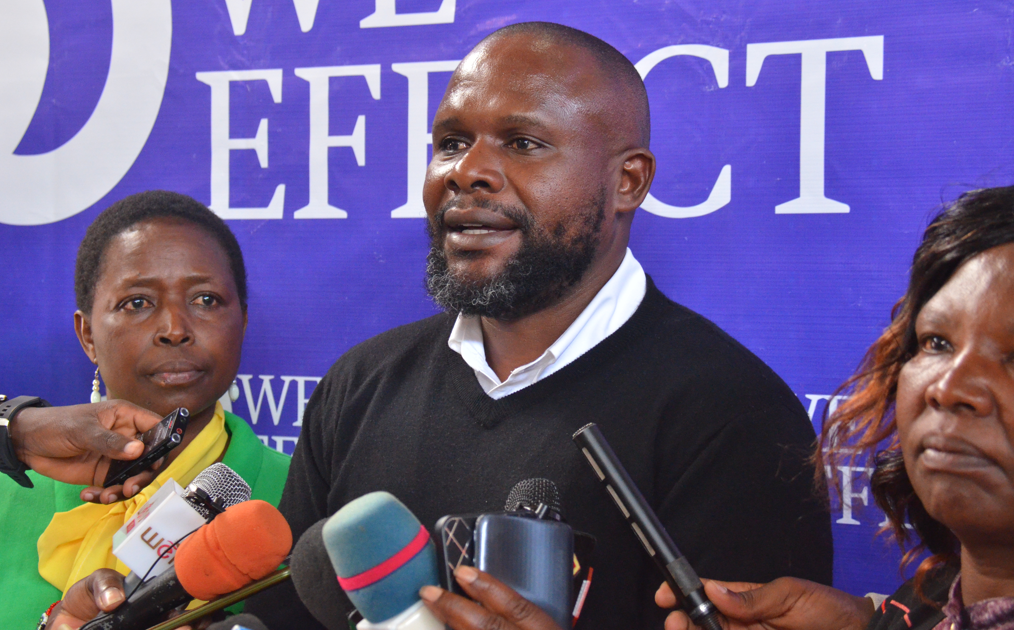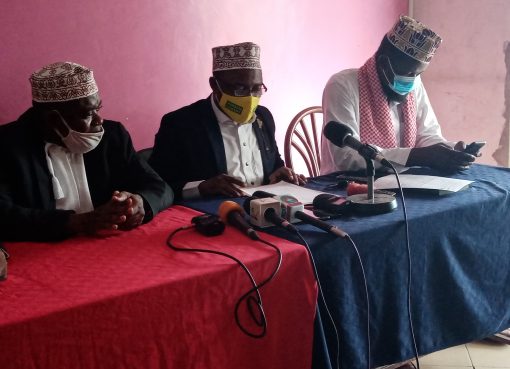A Swedish organisation, ‘We Effect’, has launched a programme in Meru County that will create a sustainable waste management system by converting organic waste from municipal markets into useful farm inputs.
The resultant products of the biologically broken-down waste that can be used as fertiliser and animal feed will enhance better living conditions and healthier environmental well-being for women and youth in the targeted markets.
Speaking during the launch, We Effect’s Programme Director, Mr. Jonathan Kioko, said their main programme is to enhance the growth of cooperatives or farmer-based organisations and that they found it worth using the same model to address environmental concerns.
The programme will start by managing waste materials from Gakoromone, Nkubu, and Githongo markets.
“We will implement the programme in conjunction with Meru Central Cooperative Union (MCCU) and Meru University of Science and Technology (MUST) through Black Soldier Fly (BSF) technology to ensure that we use it not only to process the waste but to have organic waste that will be used by small-scale farmers as fertiliser, and the larvae from the flies will be used as animal feed,” said Mr Kioko.
He added that the programme, which is the first of its kind in Kenya and Meru County in particular, is funded by the Postcode Lottery from Sweden and will run for four years before being rolled out to other counties.
“We take this opportunity to thank our sponsors, including Meru University, with which we will be engaging in the course of the programme, which is also a learning process. We want it to succeed in Meru County so we can spread it to other counties,” said Mr. Kioko.
He added that they will mainly be dealing with biodegradable waste from the markets, which will later be sorted and taken to a plant where it will be processed into the end products.
The County’s Cooperative Management Chief Officer, Mr. James Mutia, expressed gratitude to the investor, adding that it will be a great milestone for the county, especially in the initiative where waste will be converted into cash.
He said the plant that will be established will mainly be used to convert the waste collected from the markets into organic fertiliser and animal feed for the benefit of farmers.
“We have had problems handling waste from our markets, but this will be a lasting solution to the issue and still generate income for our people.”
“We also thank our Meru Central Cooperative Union and the University of Meru, which have carried out research to find out that the waste can be used for the benefit of people and animals,” said Mr. Mutia.
He called on the investor to expand the programme to other sub-counties where there are at least 252 markets so that the residents can also benefit from the initiative.
MCCU Board Chairman Ephantus Majau said that We Effect has been giving great support to the cooperative movement for the last many years, and the waste management programme was an additional initiative that will give more money to the people of Meru County.
“They have partnered with cooperatives from Sweden, and this is one of the things that our Governor Kawira Mwangaza wanted to be done so that we can help our people in the rural areas where the waste thrown away will be converted to money, create employment for people, and get animal and chicken feeds from the same,” said Mr. Majau.
He said the programme will start with three women’s groups that have already formed cooperatives, and the money they will be getting will be used in the cooperative’s movement.
Majau said the programme will mainly help women and youth by uplifting them through the creation of employment.
By Dickson Mwiti





